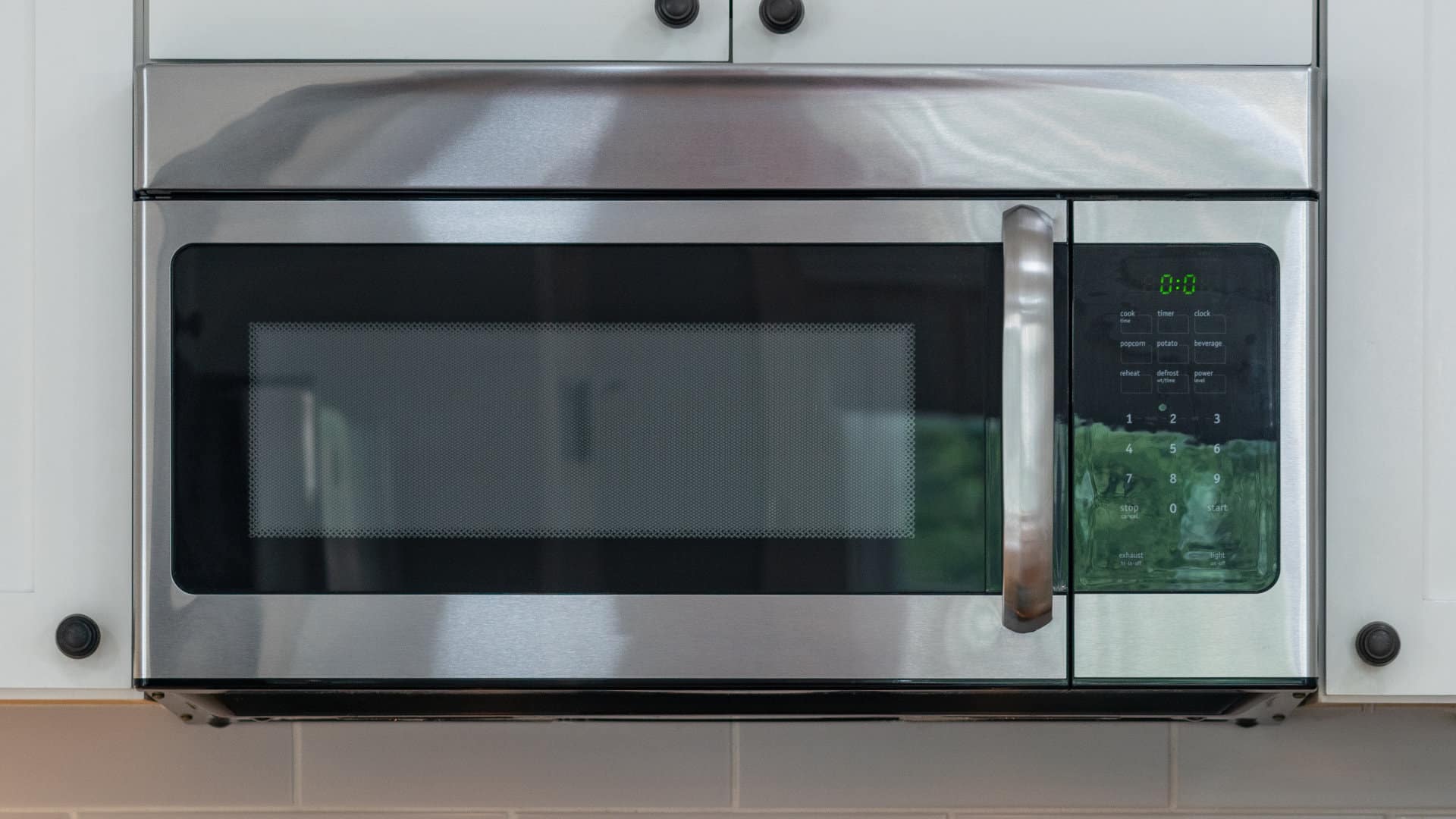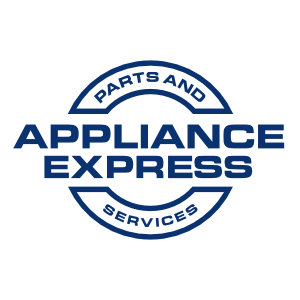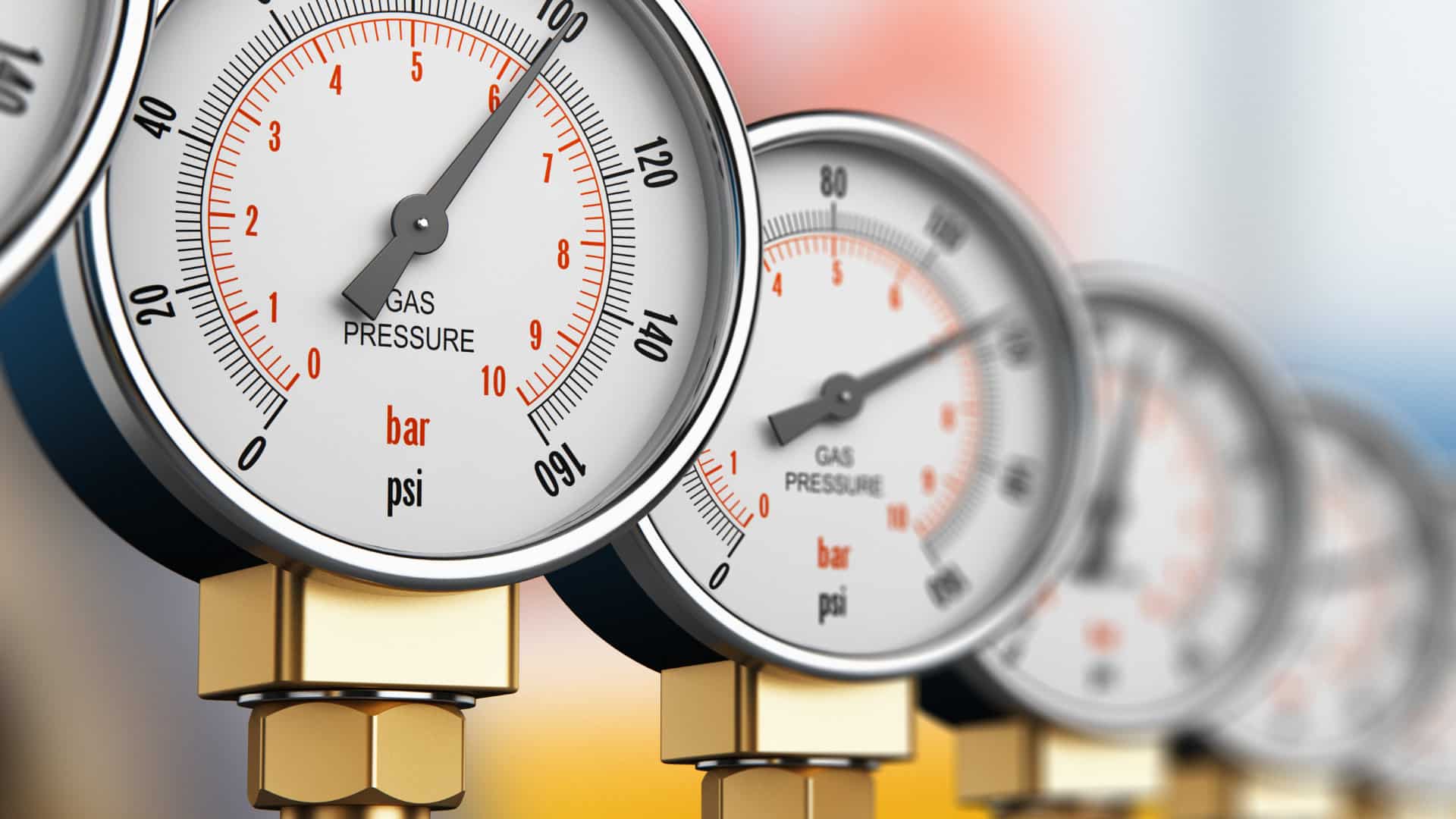
If you’re serious about cooking, you can’t get better than a gas-powered stove. They generate far more heat than electric stoves, and allow you to quickly change temperature—there’s just no comparison. Whether you’re a professional chef or a home cook, if you prefer gas you have two options—propane and natural gas. Both have their pros and cons, but which is the better overall option?
We break down the features of both to help you get a deeper understanding of which fuel is right for you. So if you’re installing a brand-new kitchen or just thinking about upgrading your old stove, we’ve got you covered!
Is a Gas Stove Really Better Than an Electric One?
Even after the advent of electric stoves, gas stoves have remained popular with chefs and home cooks. But are they really so much better? While electric stoves are generally cheaper and easier to use and clean, the cooking results on a gas stove are far superior. Some advantages include:
- Heat control: A gas stove lets you instantly turn the heat up or down. While with an electric stove, you have to wait for the heat to dissipate, a gas stove adjusts heat instantaneously, allowing for far better control of your cooking temperature.
- Heat distribution: Gas stoves allow for even heat distribution, which means your food cooks better and more evenly.
- Lower running cost: Although gas stoves are generally more expensive to purchase outright, the running cost of using gas is usually lower than electricity. This is a great way to lower your monthly bills.
- Prepared for power outages: A gas stove means you can still cook food even in a power outage, which creates resilience in areas prone to power outages.
- Longer lifespan: Gas stoves tend to last longer than electric stoves, which will save money in the long term.
- Allows for flame grilling: With a gas stove, you can char or flame grill foods like tortillas straight over the flame.
What Is Propane?
Propane is a byproduct of petroleum refining. It is a type of liquefied petroleum gas (LPG). In its natural state, propane is completely odorless, but a smell is often added to the gas so that leaks can be discovered. Propane is sold in cylinders and tanks that can be refilled either on-site or at a store.
Advantages
- Portable and resilient: Because propane is stored in tanks, it is easily portable. It also means you don’t have to rely on a gas network, meaning you can be self-sufficient in the event of an emergency.
- Environmentally friendly: Propane is a clean burning fuel and produces far fewer emissions than other petroleum products, such as coal and oil. This makes it a good choice for those who want to lower their carbon footprint.
- Energy efficiency: A little propane goes a long way, with a high amount of energy being produced from a small amount of propane.
- Versatile: Propane is commonly used in a variety of appliances, including stoves and BBQ grills.
Disadvantages
- Safety: Propane is highly flammable, meaning you need to take extra care when handling it.
- Expensive: Propane tends to be more expensive than natural gas, and the cost can fluctuate.
- Transport: Unlike natural gas, propane isn’t piped into your home, meaning you need to work out the logistics of refilling your tanks.
What is Natural Gas?
Natural gas is a fuel that’s extracted from the ground during mining. Its makeup is mostly methane, but it contains other elements including carbon dioxide and nitrogen. While it is counted as a fossil fuel, it is considered a more environmentally friendly option than other fossil fuels like coal or gasoline. Natural gas is also odorless, but like propane, it may have an odor added so you can tell if it’s leaking.
Advantages
- Reliable: Using natural gas means you’re not reliant on the power grid for your cooking, so you have access to cooking even in the event of a severe power outage.
- Easy to access: Unlike propane, you don’t need to get natural gas delivered—it’s piped into your home.
- Cost-effective: Natural gas is cheaper than propane on a per-unit basis.
Disadvantages
- Environmental risks: Although natural gas burns cleaner than other fossil fuels, there is a risk that methane is released into the atmosphere during the mining process, which can contribute to global warming.
- Less energy efficient: Natural gas burns about twice as fast as propane, so you need more natural gas to get the same amount of energy.
- Flammable: As with propane, natural gas is highly flammable, so precautions need to be taken with storage and use.
- Reliant on pipelines: While propane is typically sold in tanks and cylinders, natural gas is piped in and cannot be stored. This means if there is an issue with the gas pipelines in your area then your gas supply may be interrupted.
Which Option Is Right for You?
Choosing between a propane stove and a natural gas stove will largely depend on what’s important to you. If you live in a remote area, you may not have access to natural gas pipelines, meaning that propane is the better choice. Propane is also a good option if resilience to natural disasters is something that concerns you, as you can store tanks of propane in the event of an emergency.
In terms of cost, natural gas is generally cheaper in most areas, making it the preferred option for the budget-conscious. Propane is more energy efficient, however, so bear that in mind when making your cost comparisons. In terms of cooking results, there is no difference between natural gas and propane, so you can base your choice purely on what is more convenient and affordable in your area.
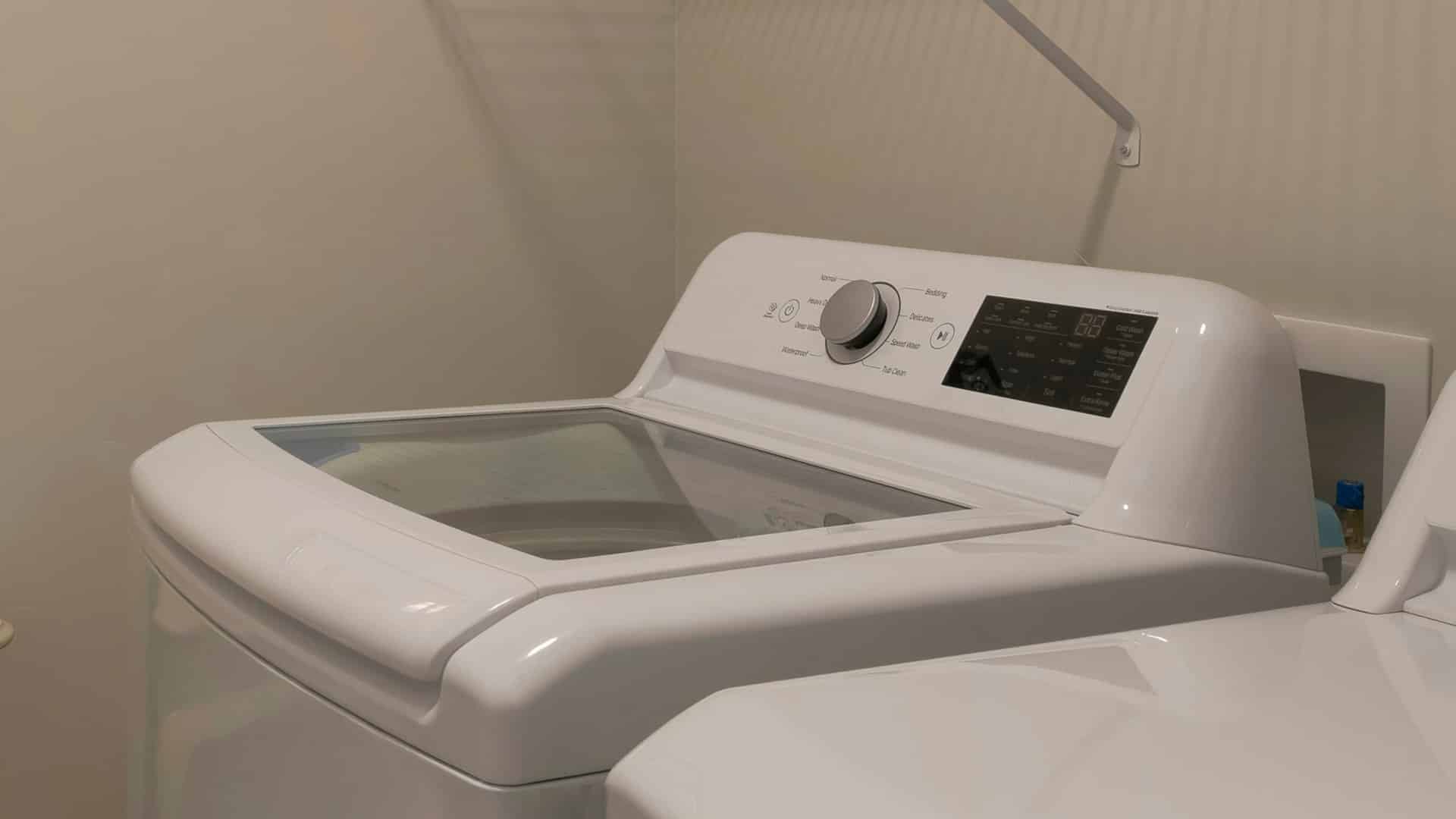
GE Washer Not Spinning? Here’s The Fix!

How to Restore Power to Your GE Dishwasher
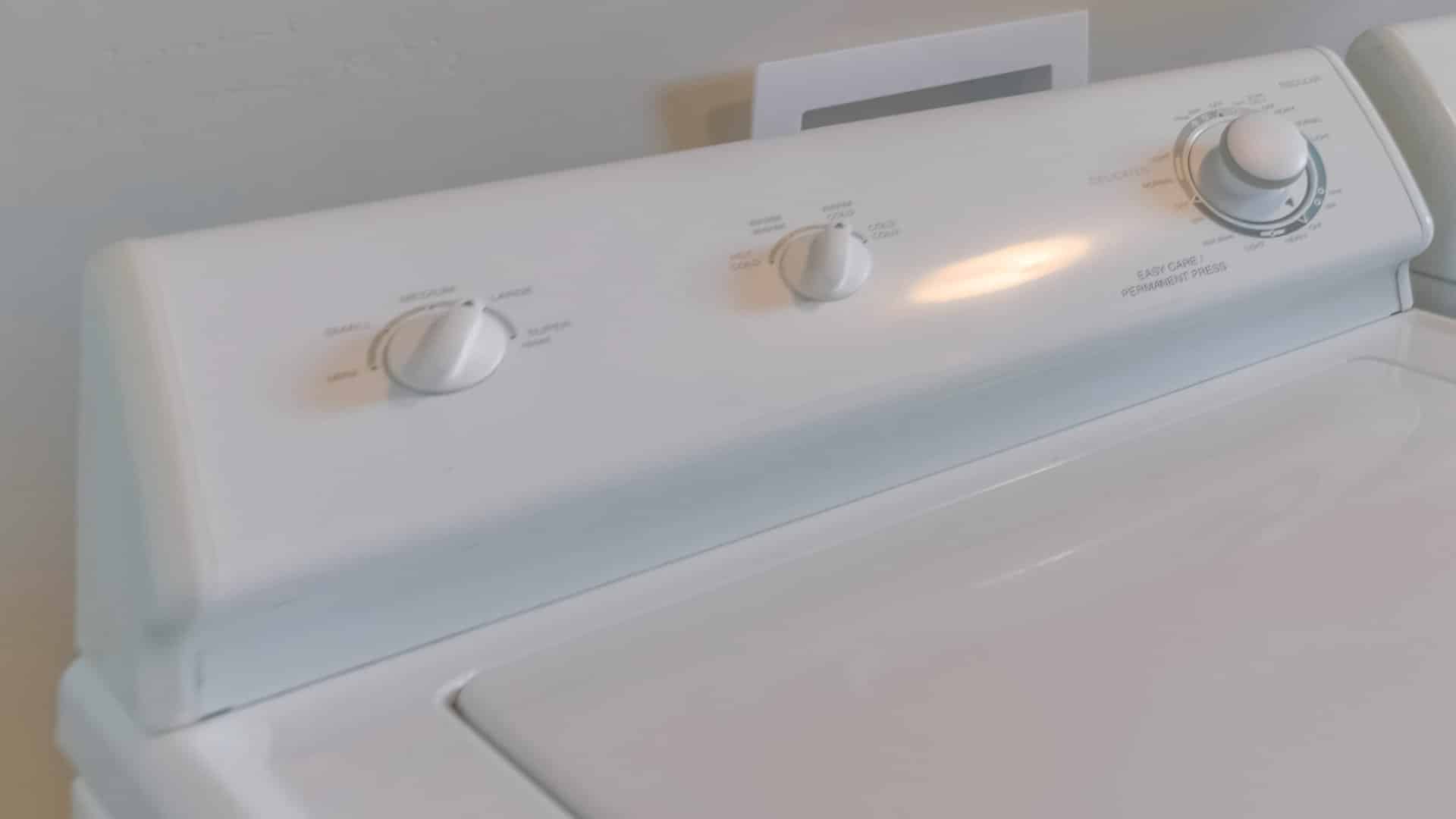
How To Reset Your GE Washer Top Loader
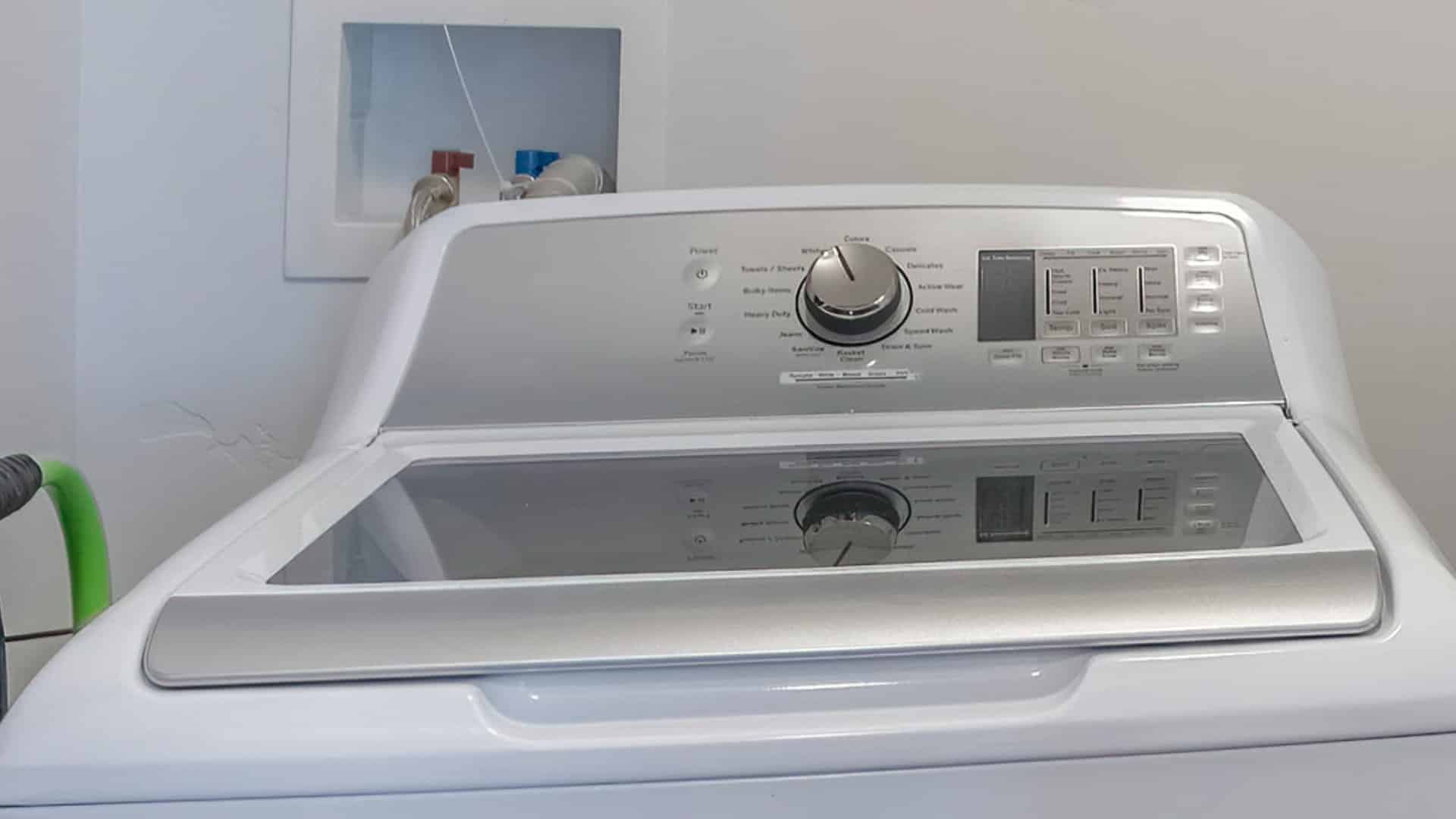
Understanding Whirlpool Washer Error Codes
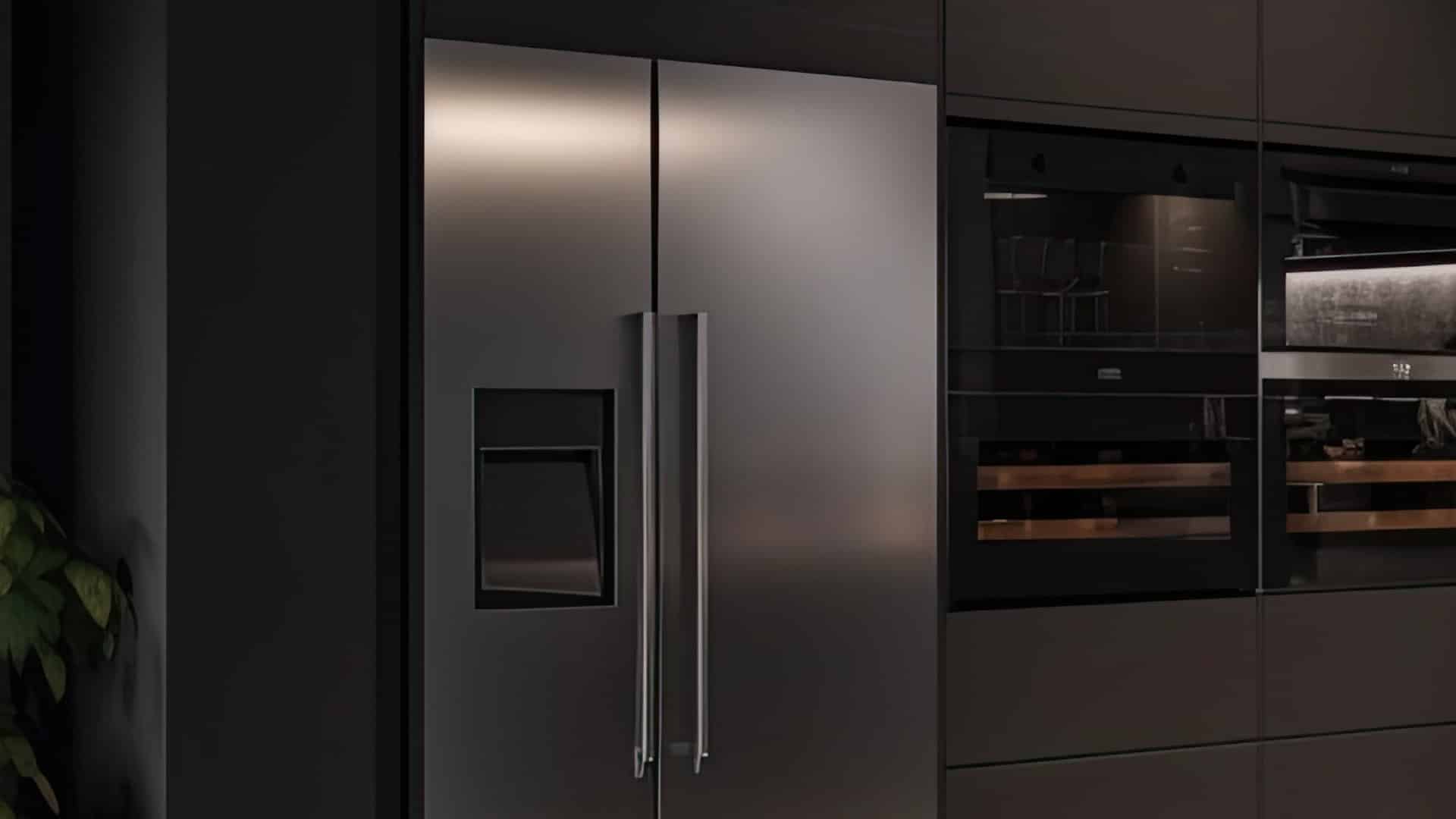
JennAir Ice Maker Not Working? Here’s What to Do
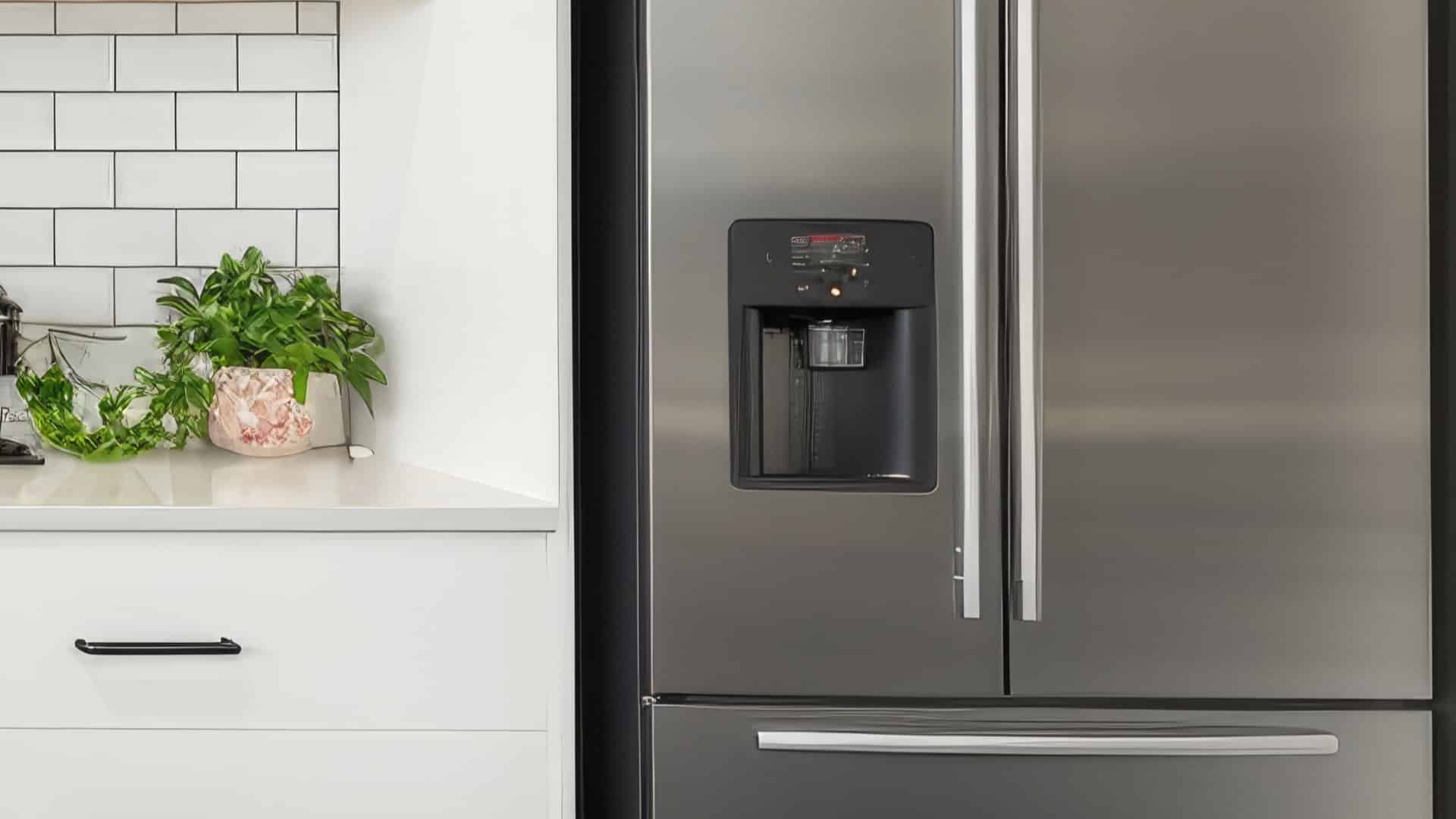
What to Do If Your LG Fridge Isn’t Cooling

Propane vs. Natural Gas Stove: What’s Best?

How Hot Does a Dryer Get?
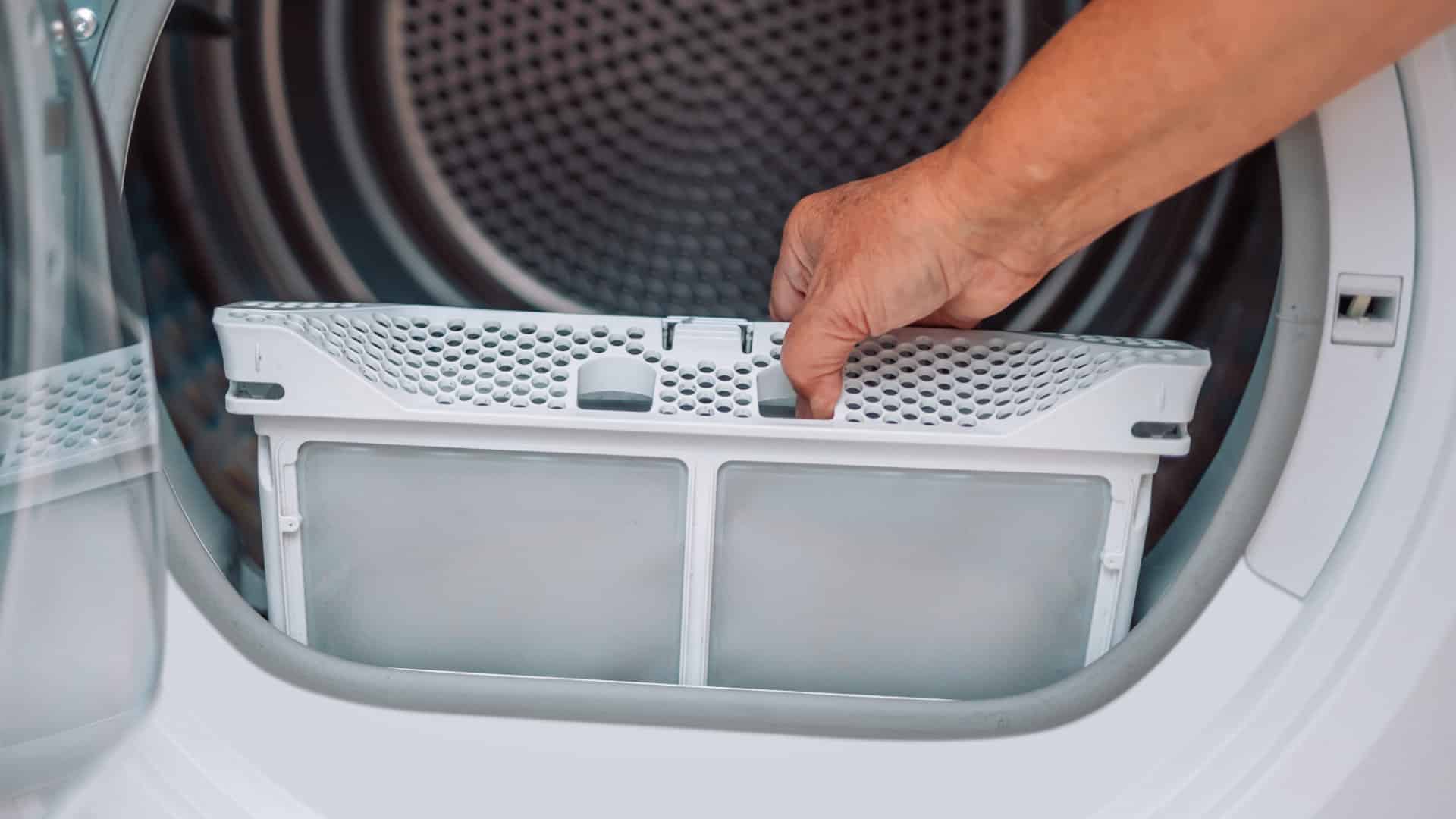
LG Dryer Flow Sense: Everything You Need to Know

What to Do When Your Freezer Is Not Freezing but the Fridge Is Cold
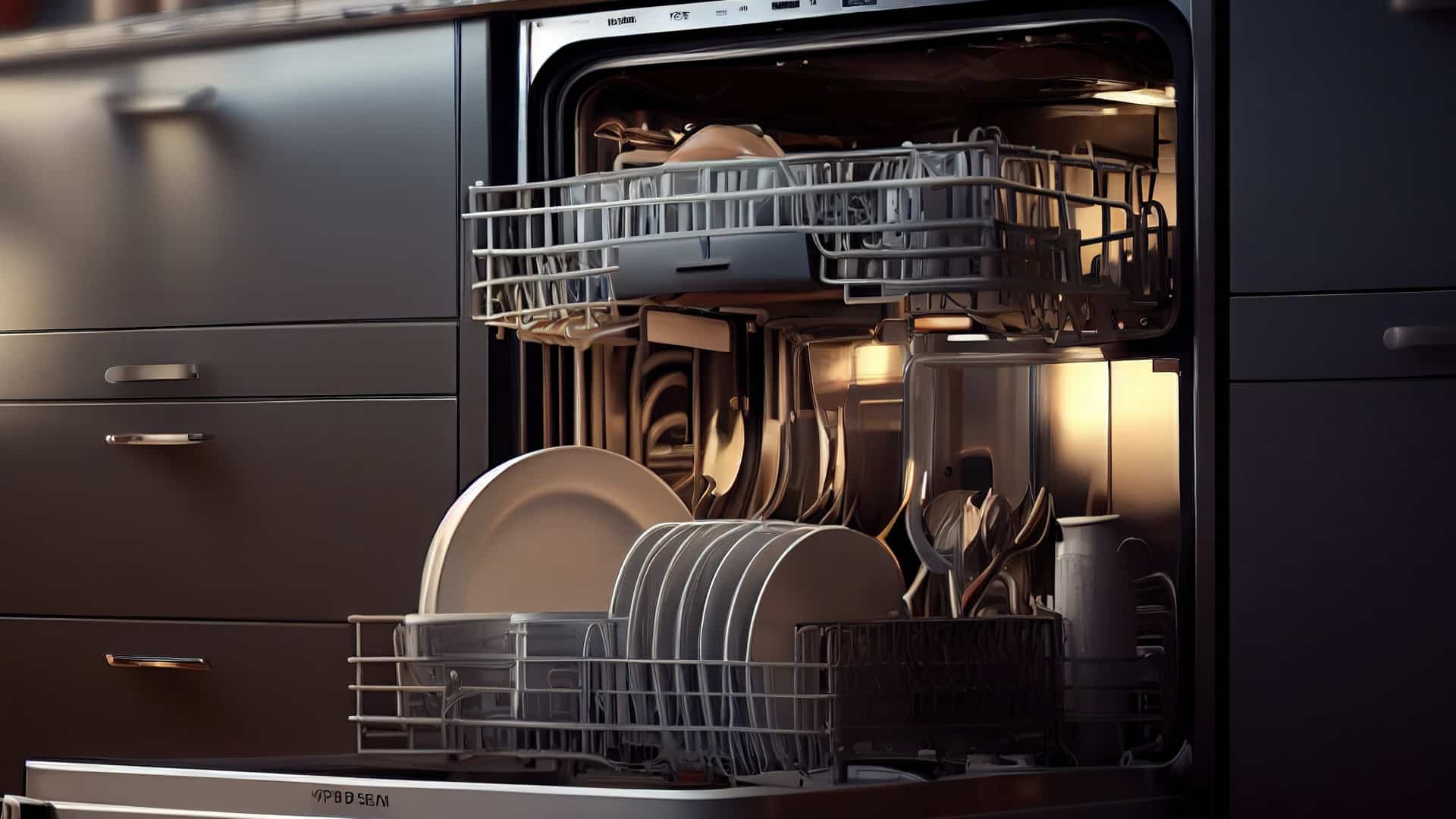
How to Solve Maytag Dishwasher Showing Error F9E1
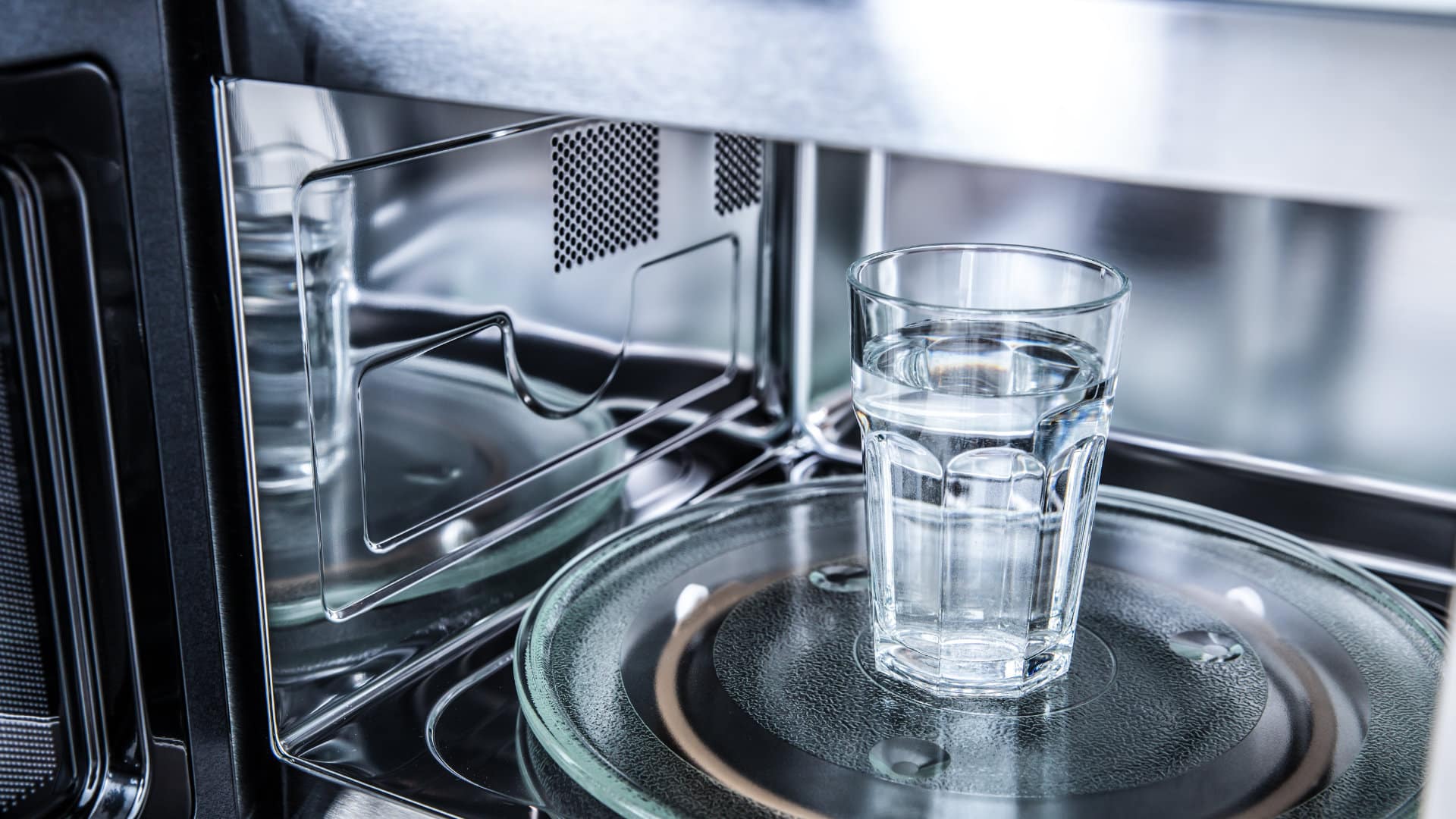
When Is a Microwave Unsafe to Use? (Warning Signs to Look For)
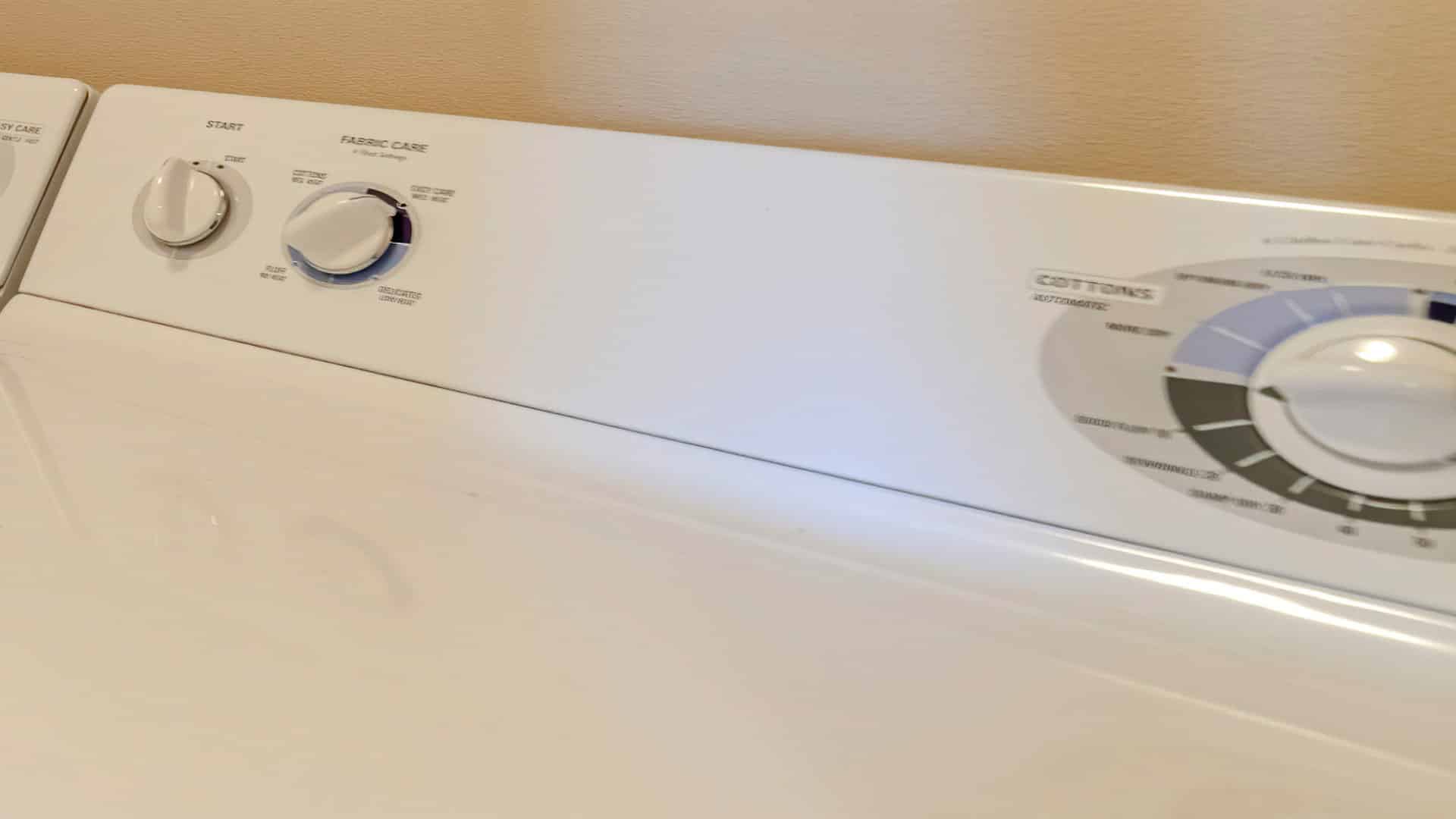
How to Fix a Squeaky Dryer (Step-by-Step)
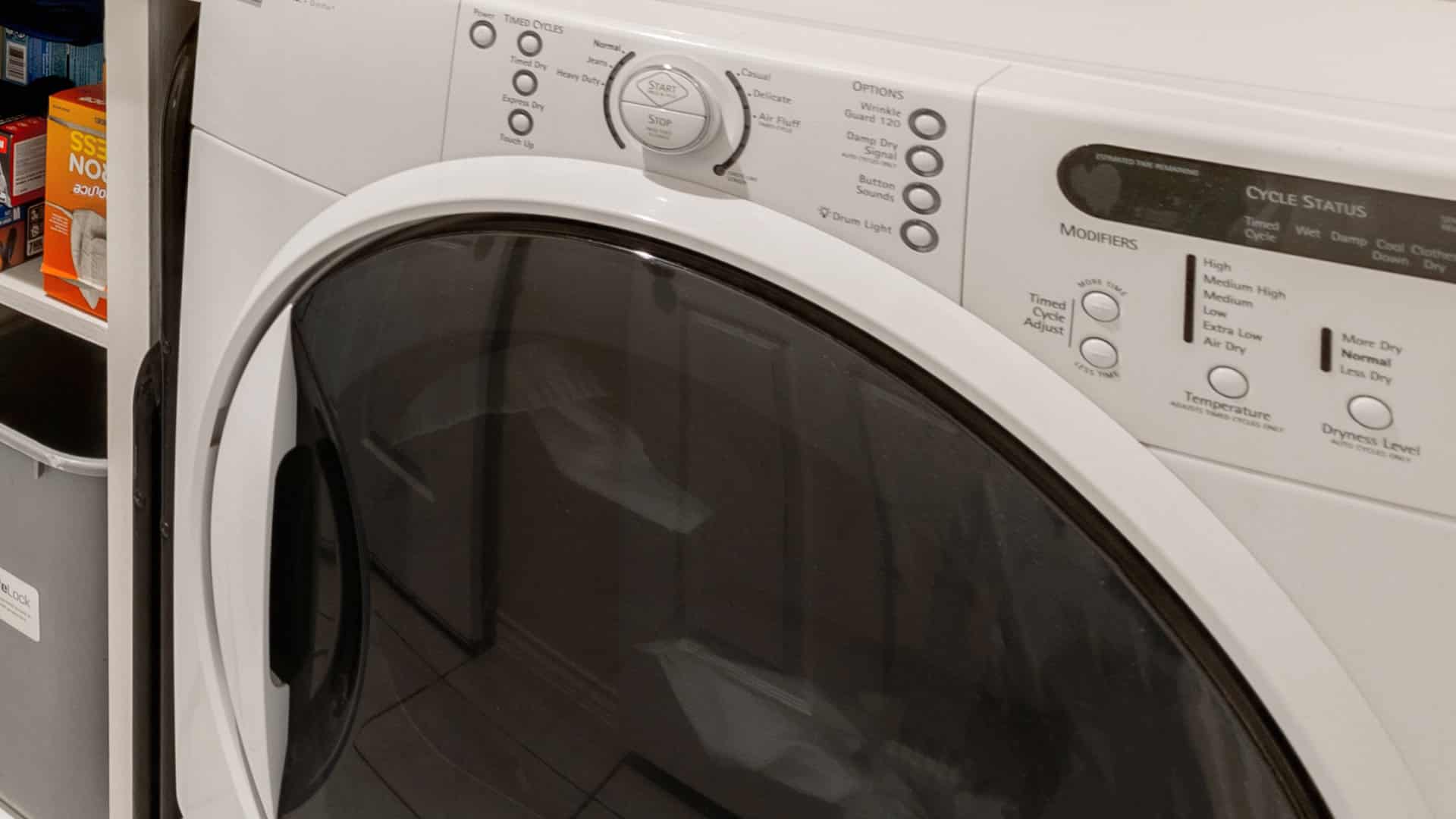
How To Remove Ink From Your Dryer

How To Fix an LG Microwave Not Heating
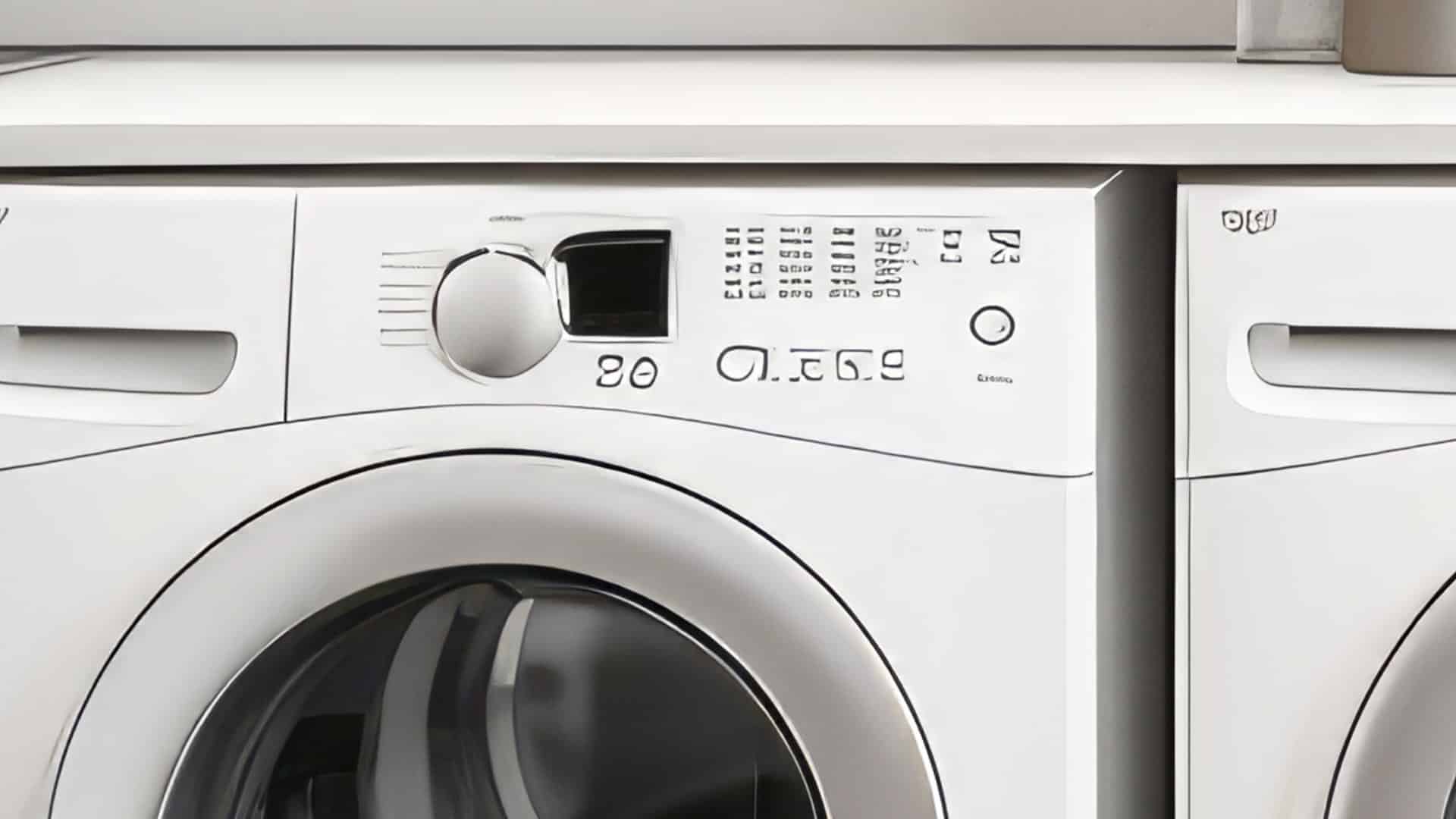
How To Fix a Maytag Washer Not Spinning
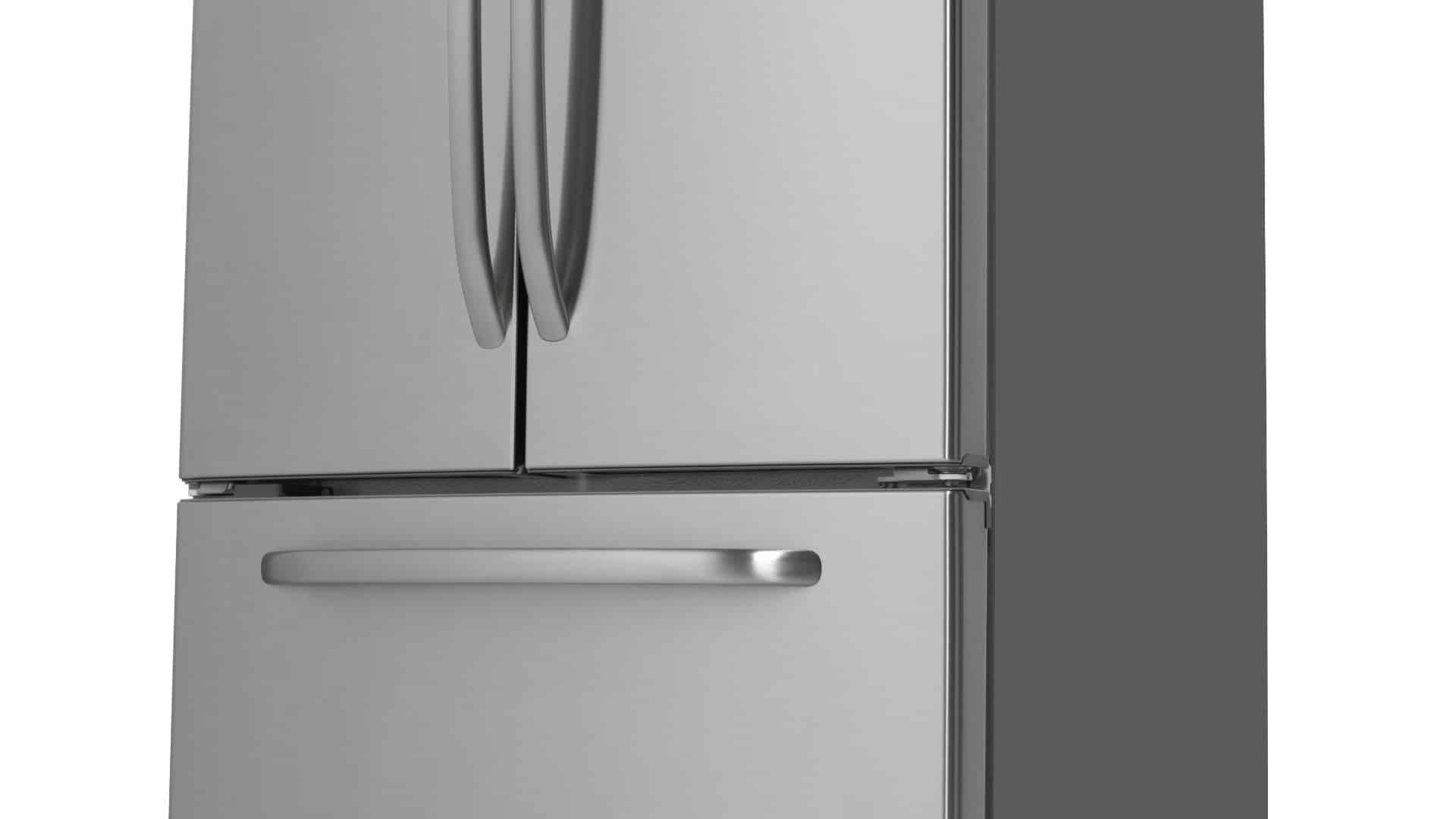
KitchenAid Refrigerator Not Making Ice? Here’s Why

Whirlpool Microwave Door Error: How to Fix It
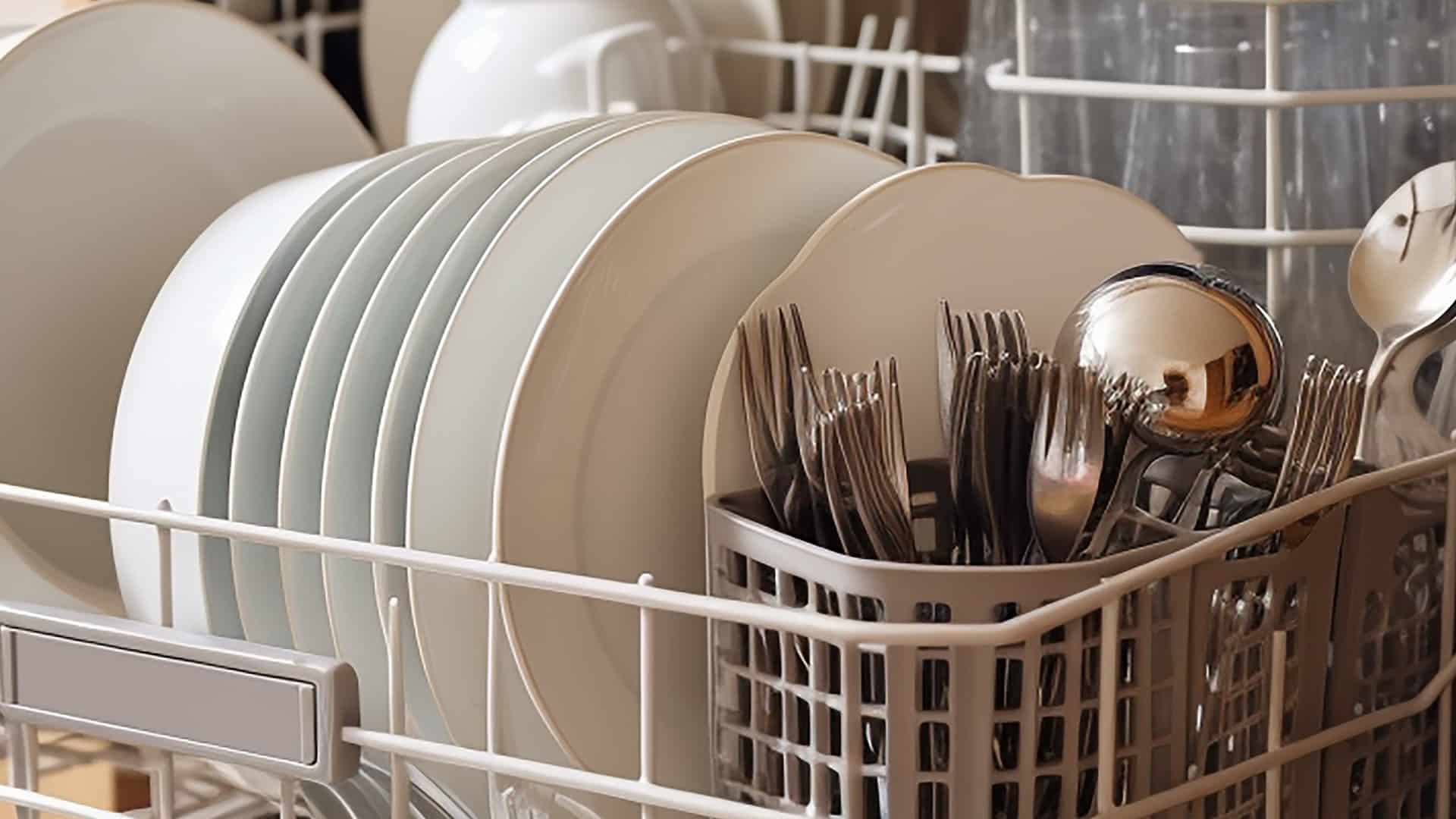
13 Things to Never Put in the Dishwasher
